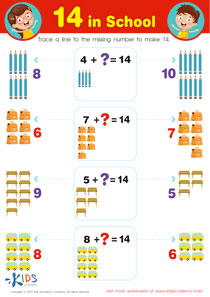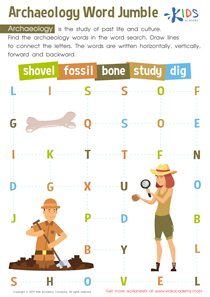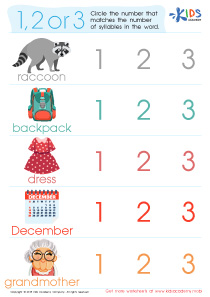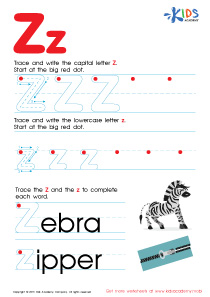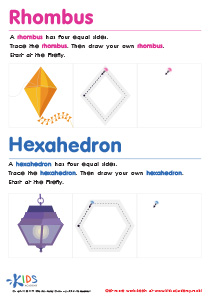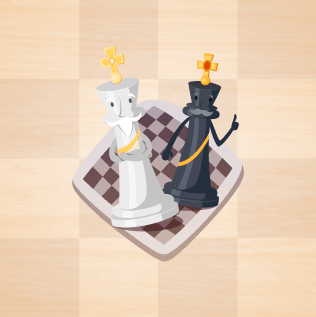Chess Lessons | Chess Basics for Ages 3-4
6 results
Dive into the enchanting world of chess with our specially crafted "Chess Basics for Ages 3-4" course! Tailored for young minds, this engaging program combines interactive worksheets, captivating educational videos, and fun assessment quizzes to introduce the foundational concepts of chess. Our lessons are designed to spark curiosity, enhance cognitive skills, and foster a love for this timeless game. Whether it's learning how the pieces move or understanding the value of each piece, our course makes chess accessible and enjoyable for preschoolers. Embark on this exciting journey with your child and watch them develop critical thinking and strategic planning skills, one move at a time.
Introducing young minds to the captivating world of chess can be a revolutionary step in their cognitive development and educational journey. Our program, Chess Basics for Ages 3-4, is meticulously designed to cater to the curious and rapidly developing minds of preschoolers. This innovative program blends interactive worksheets, engaging educational videos, and assessment quizzes to create a comprehensive learning experience that is both fun and educational for young children.
Chess, often regarded as a game of intelligence and strategy, offers more than just entertainment. It is a tool that can significantly contribute to the intellectual and social development of children, even from a very young age. Our Chess Basics for Ages 3-4 program harnesses the potential of chess to build foundational skills that are crucial in various aspects of a child’s studies and overall growth.
Firstly, understanding the basics of chess can enhance a child's problem-solving skills. As they learn to identify the different pieces, comprehend their movements, and start thinking ahead to plan their moves, they develop critical analytical skills. These skills are directly translatable to their academic studies, where problem-solving is a key component in mathematics, science, and even reading comprehension.
Secondly, our interactive worksheets and educational videos are designed to improve attention span and concentration. Chess requires players to focus and think critically about each move. By engaging with our tailored content, children gradually improve their ability to concentrate on tasks for longer periods. This increased focus can lead to better academic performance, as children become more adept at paying attention during lessons and while completing assignments.
Moreover, the program fosters the development of memory skills. Remembering the rules of the game, the roles of different pieces, and even past game scenarios can enhance a child’s memory capacity. These improved memory skills are incredibly beneficial in academic settings, where children are required to remember information across various subjects.
Additionally, Chess Basics for Ages 3-4 introduces young learners to the concept of strategic thinking. As children learn to anticipate their opponent’s moves and plan their strategies accordingly, they develop foresight and strategic planning skills. This ability to think ahead and strategize can be applied in their studies and in solving real-life problems, making them more adept at handling complex situations.
Social skills are yet another significant benefit of engaging with chess from an early age. Through our assessment quizzes and interactive learning methods, children learn about sportsmanship, taking turns, and respecting opponents. These social skills are essential in classroom settings and in forming healthy relationships with peers and adults alike.
In conclusion, our Chess Basics for Ages 3-4 program is not just about teaching children how to play chess. It's about laying a solid foundation for their cognitive, social, and academic development. Through interactive worksheets, educational videos, and assessment quizzes, we aim to make learning chess an enjoyable and enriching experience for young minds. By integrating chess into their early learning, children can develop a variety of skills that will serve them well in their studies and beyond.
